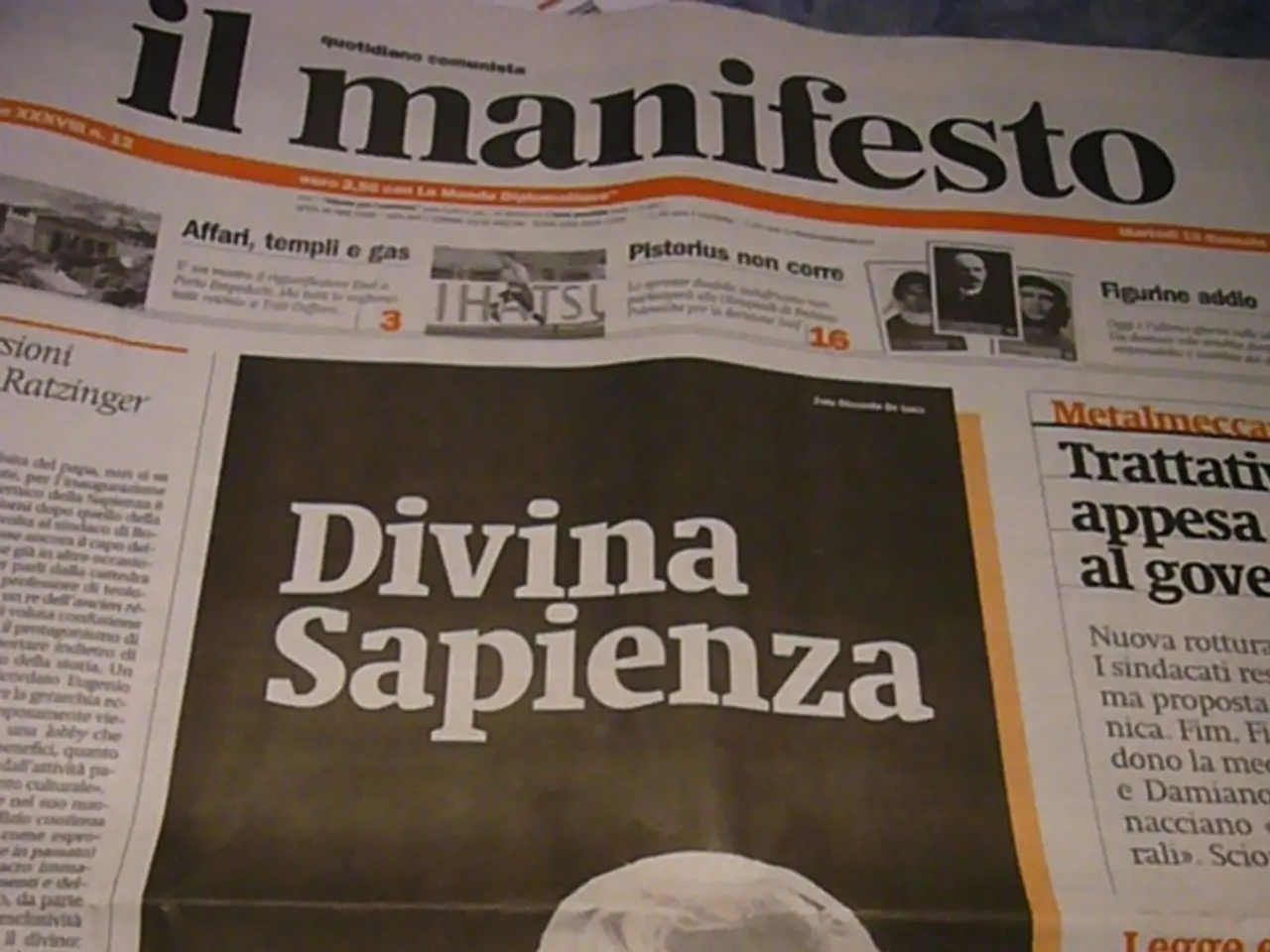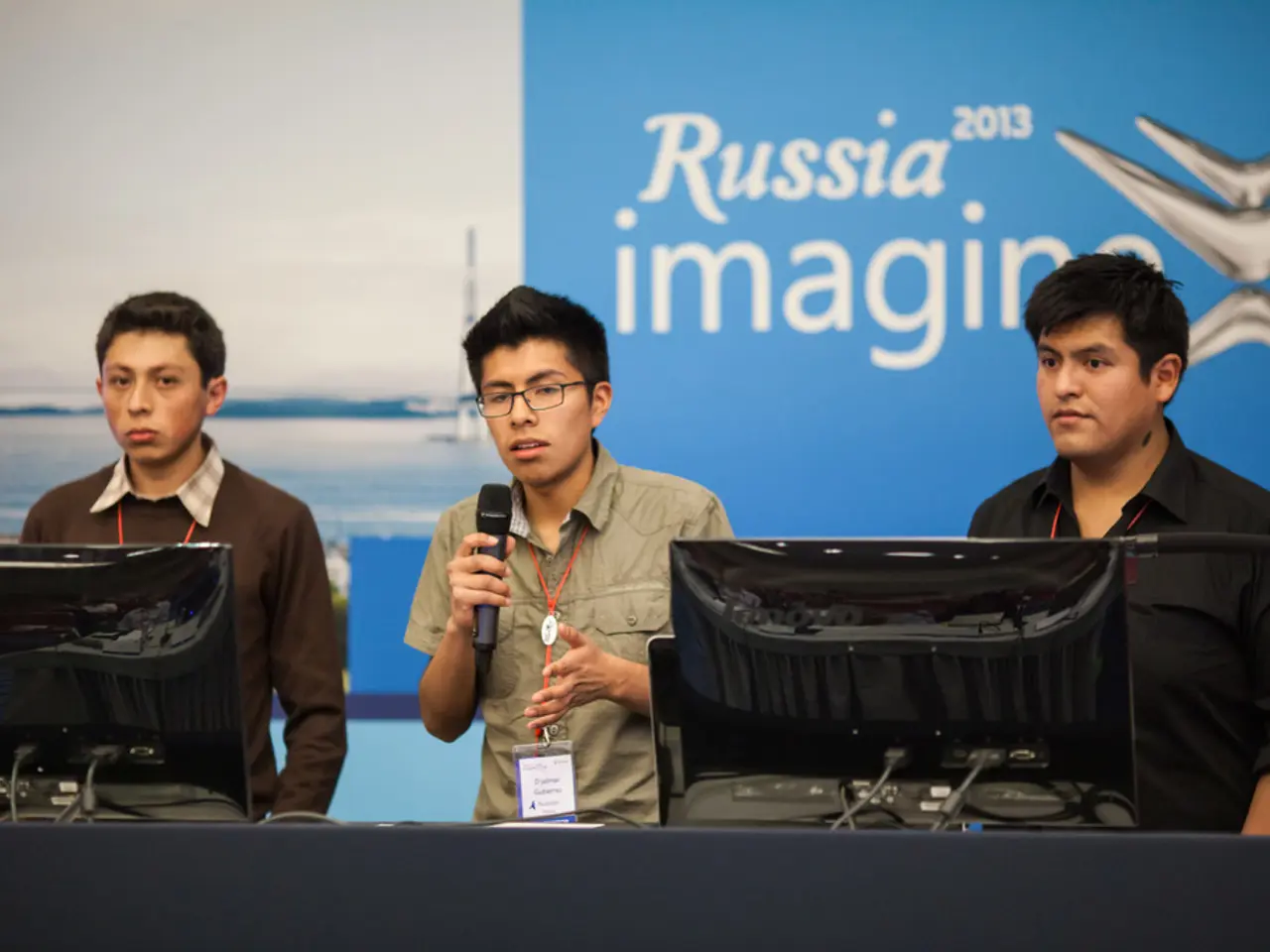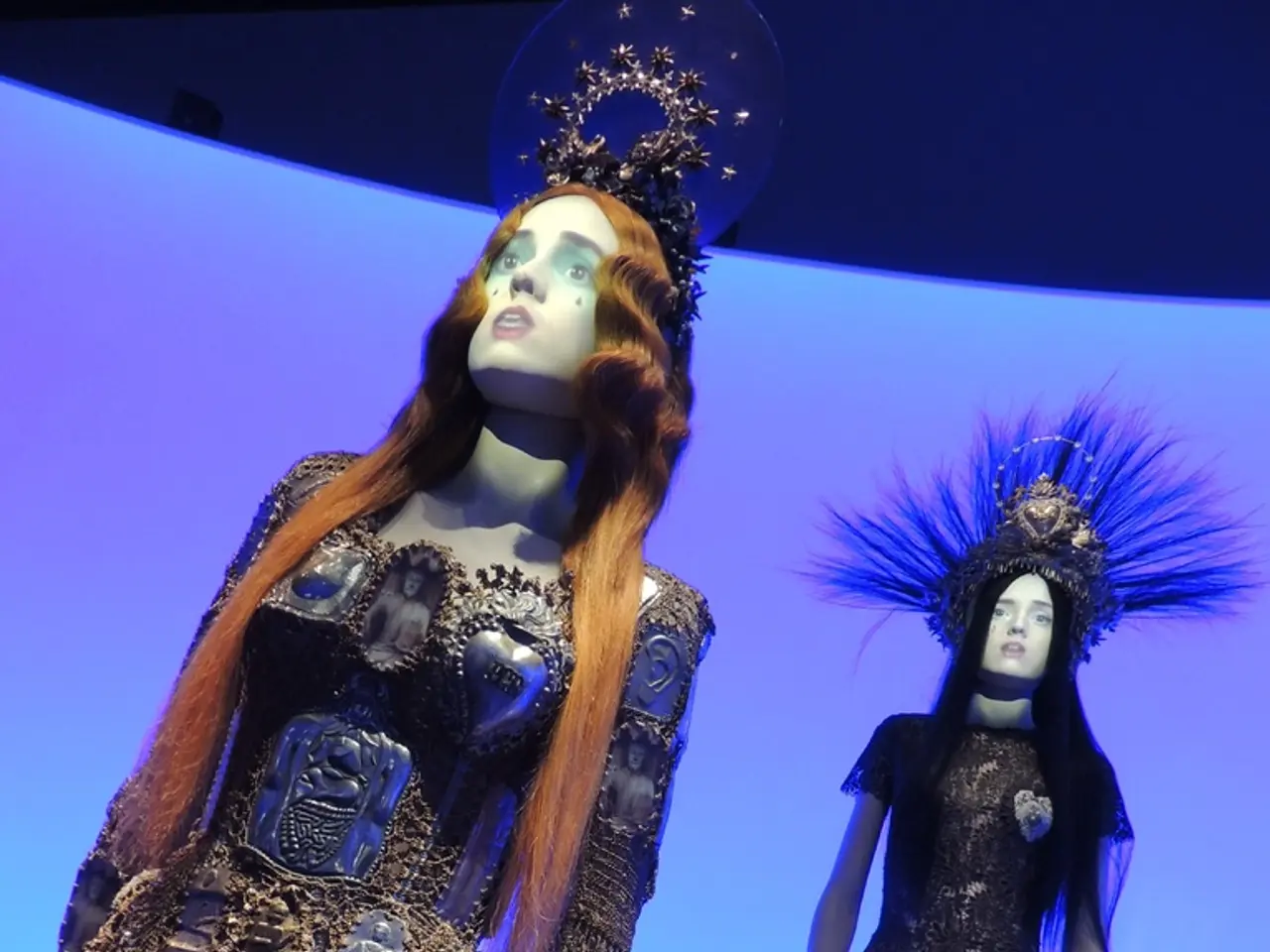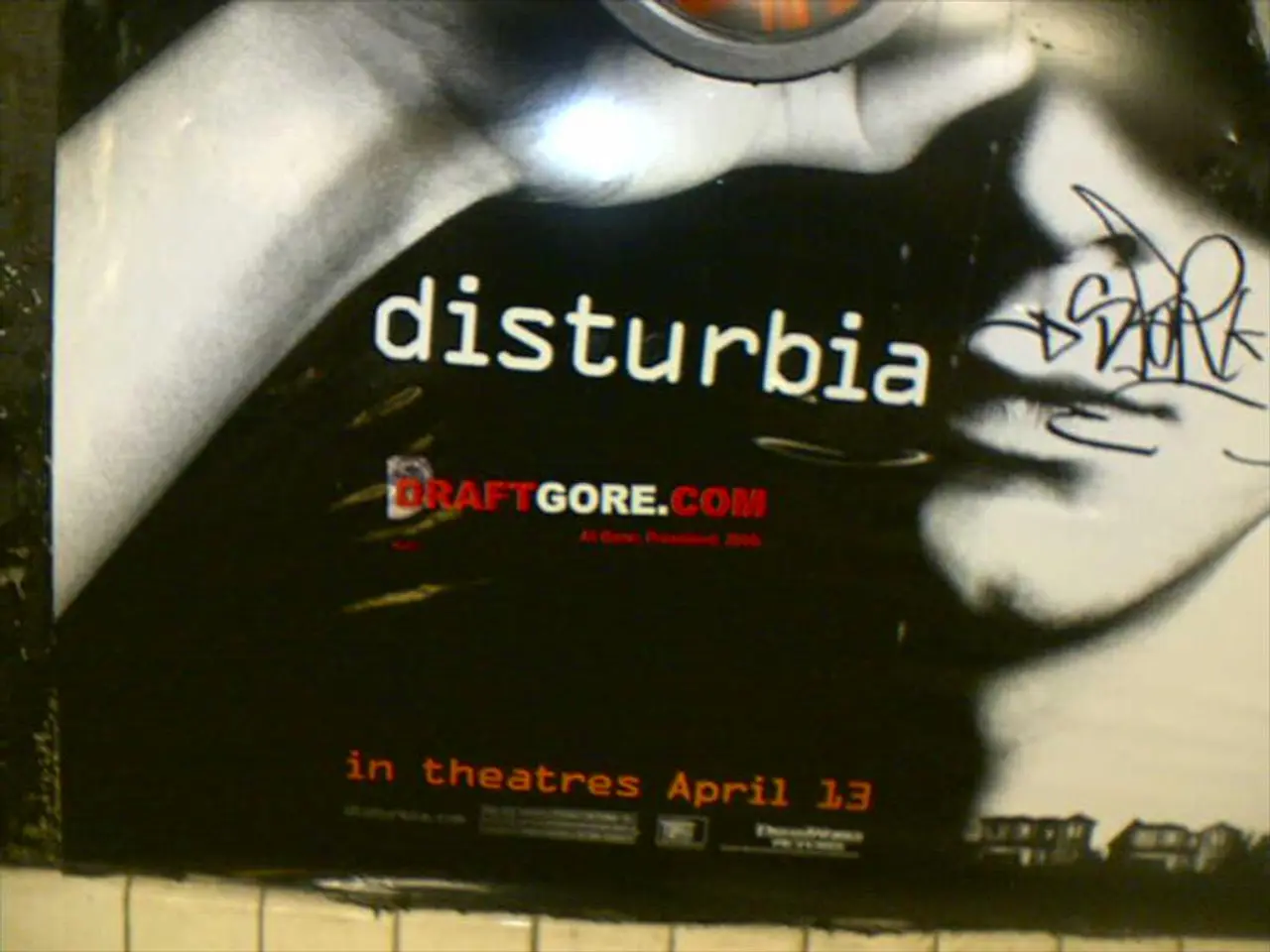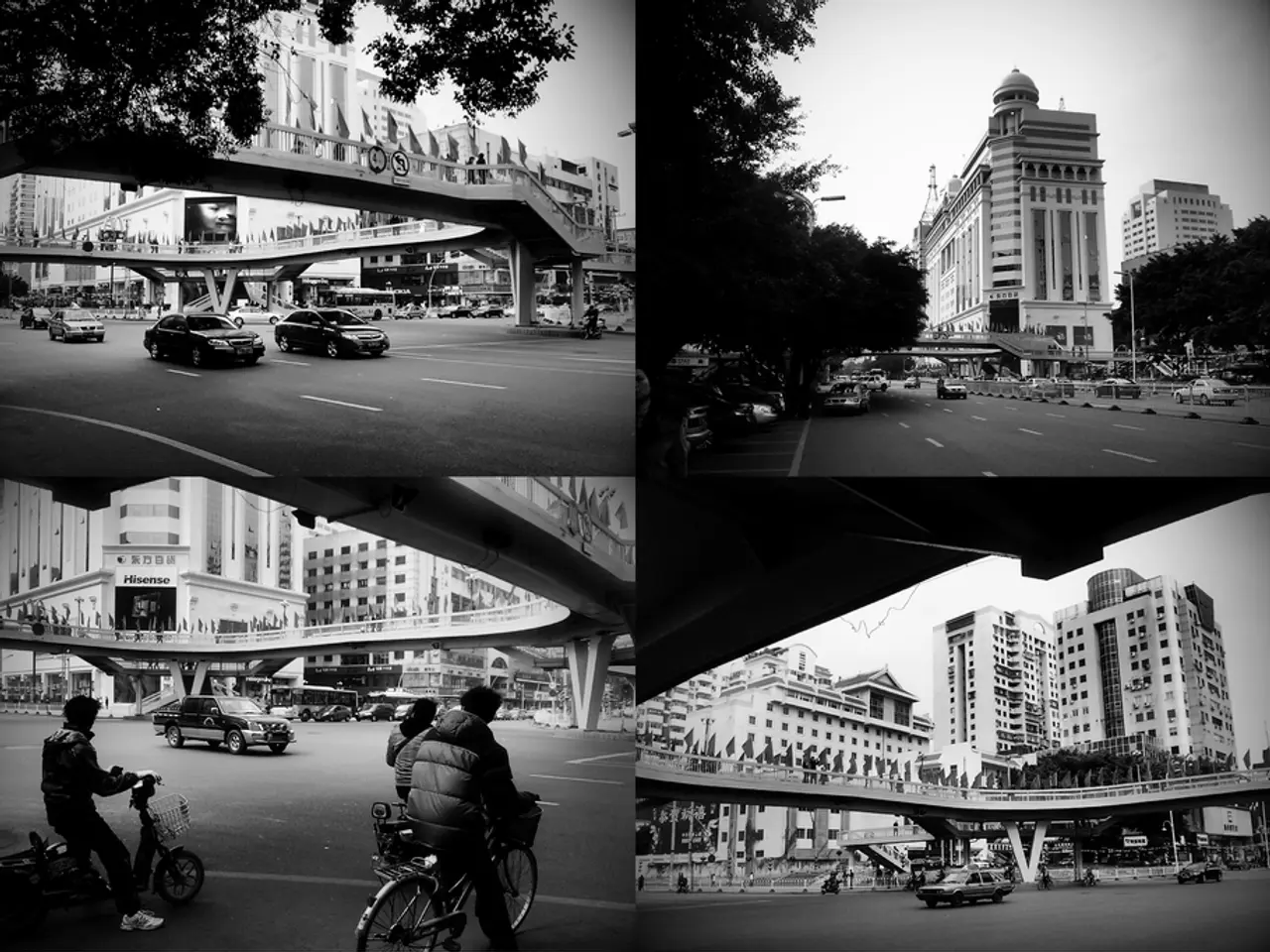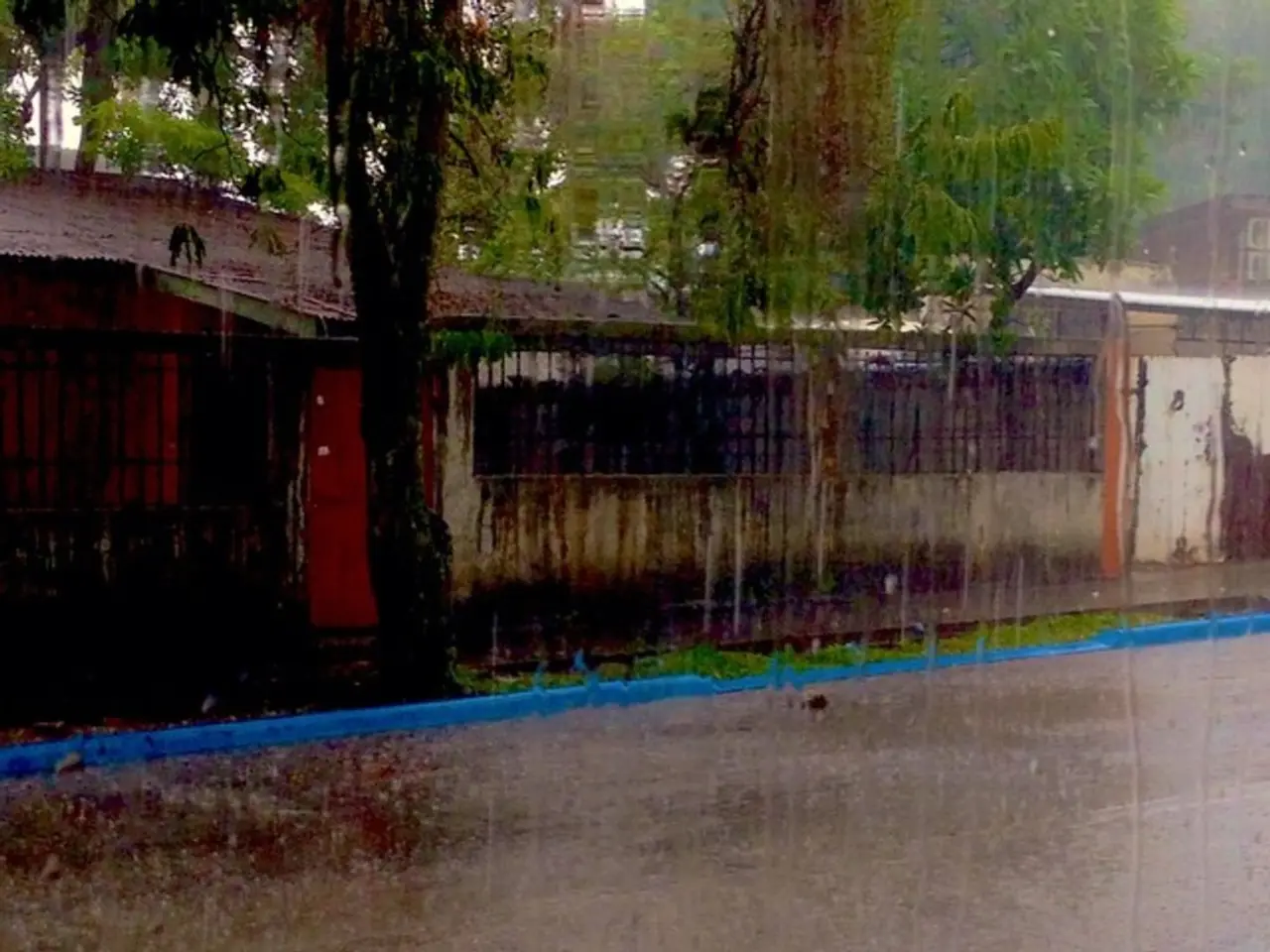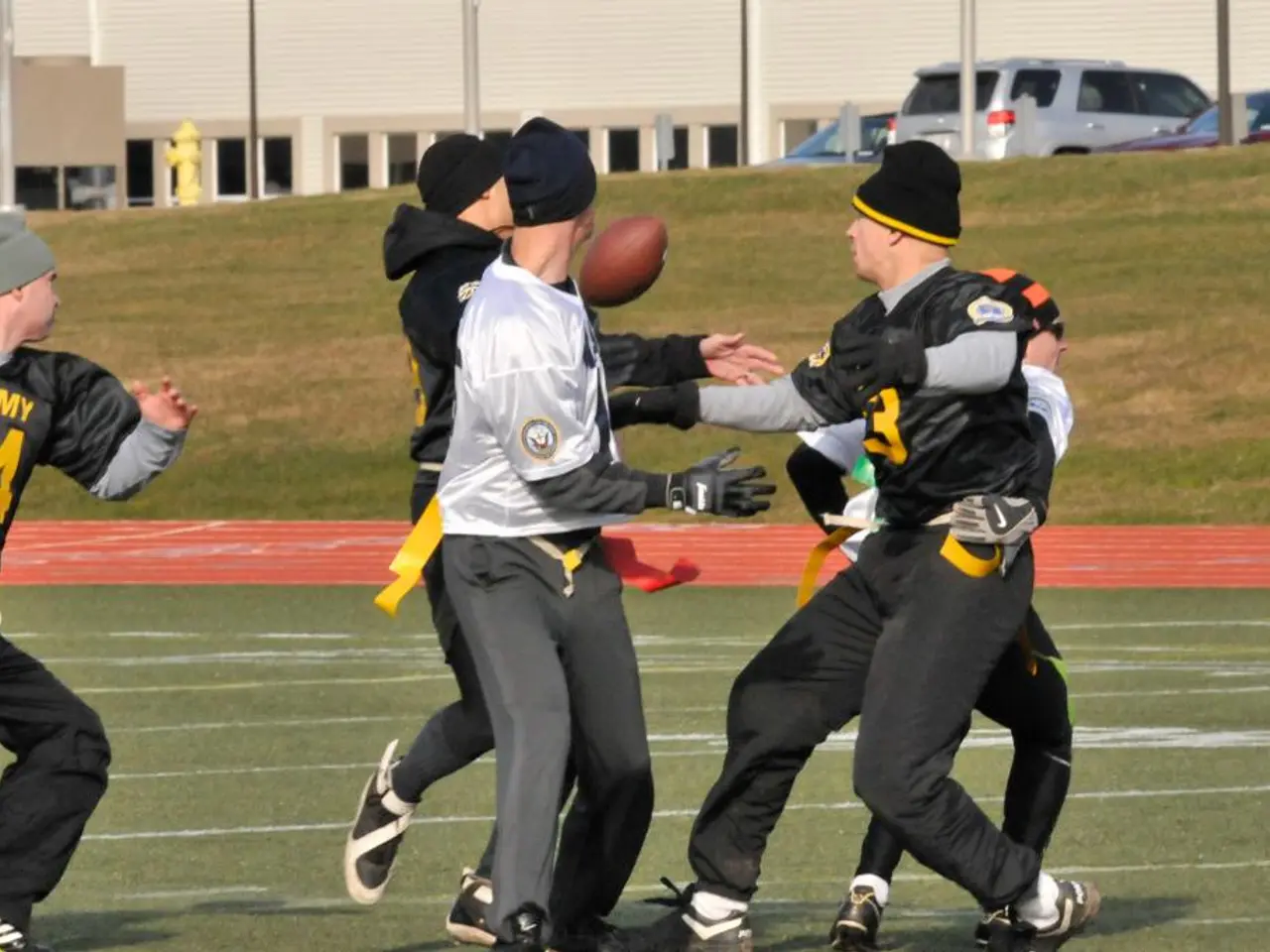FCC Official Gomez Voices Discontent Over CBS Inquiry During Trip to WFOR in Miami
The Federal Communications Commission (FCC) has revived its investigations into broadcast stations owned by CBS, ABC, and NBC, focusing on claims of news distortion, particularly in political coverage. The probes are examining whether broadcasters deliberately distorted factual news reports, a high legal standard requiring evidence of intentional manipulation of significant events, not just routine editing for length or clarity.
During a visit to WFOR TV station in Miami, Commissioner Anna Gomez suggested that financial challenges arise out of limitations on audience measurement tools in the broadcast media industry. These financial challenges, as per Commissioner Gomez, translate to less money available to support high-quality content. Stations like WFOR TV are a valuable resource for seniors, veterans, and residents to receive lifesaving information about emergency conditions and local alerts.
Commissioner Gomez also implied that the Latino community is not being served as well as other communities due to low Hispanic ownership of broadcast media. She emphasized the importance of addressing this issue to ensure a diverse media landscape that serves all communities.
However, the investigations have raised concerns about press freedom and the role of media in democracy. The FCC, under the Communications Act, prohibits censorship of broadcasters. The Act also protects journalistic decisions against government intimidation. Commissioner Gomez stated that consumers should not be caught in the middle of partisan politics in Washington. Instead, the FCC should focus on protecting and expanding the public's ability to receive timely, accurate news without political interference.
The investigations stem partly from complaints filed by political figures, including former President Trump and Representative Ronny Jackson, who alleged that edits made by CBS during a "60 Minutes" interview misrepresented Vice President Kamala Harris’s responses to influence public perception in an election context. Such claims have heightened political sensitivities around news coverage and intensified scrutiny of mainstream media outlets.
Since the FCC regulates license holders (local broadcasters) rather than the networks themselves, community-level broadcasters could face increased regulatory pressures or constraints depending on outcomes, potentially affecting local news coverage diversity and editorial autonomy. The broader public also expresses concerns about the impact of these investigations on press freedom and the role of media in democratic discourse.
The FCC’s unprecedented step to seek public comment on the transcript of Harris’s interview was controversial and raised legal and constitutional questions about government overreach into editorial discretion. Legal challenges, including those by CBS, have emphasized that consumer protection laws invoked against news organizations are not designed to govern editorial judgments, underscoring the tension between regulatory investigations and free speech protections.
In sum, while the FCC's investigations aim to address concerns about potential political bias and misinformation in news broadcasts, they tread a delicate line with First Amendment rights. Any regulatory actions must carefully avoid censorship or undue interference with press freedoms, lest they undermine the constitutional protections that are fundamental to independent journalism and democratic discourse.
- The FCC is examining video broadcasts by CBS, ABC, and NBC, primarily focusing on allegations of political news distortion.
- Commissioner Anna Gomez discussed financial challenges in the broadcast media industry, suggesting that these limitations impact the availability of funds for high-quality content.
- According to Commissioner Gomez, broadcasters like WFOR TV significantly contribute to the dissemination of essential information, primarily benefiting seniors, veterans, and local residents.
- The FCC's investigations have sparked discussions surrounding press freedom and the media's role in democracy, as the Communications Act prohibits censorship of broadcasters and protects journalists from government intimidation.
- The investigations have been partly instigated by complaints filed by political figures, including former President Trump and Representative Ronny Jackson, who claim that edits made by CBS during a "60 Minutes" interview misrepresented Vice President Kamala Harris’s responses.
- The FCC's public comment on the Harris interview transcript has been contentious, raising legal and constitutional concerns about government involvement in editorial discretion, and potential impacts on press freedom and democratic discourse.
